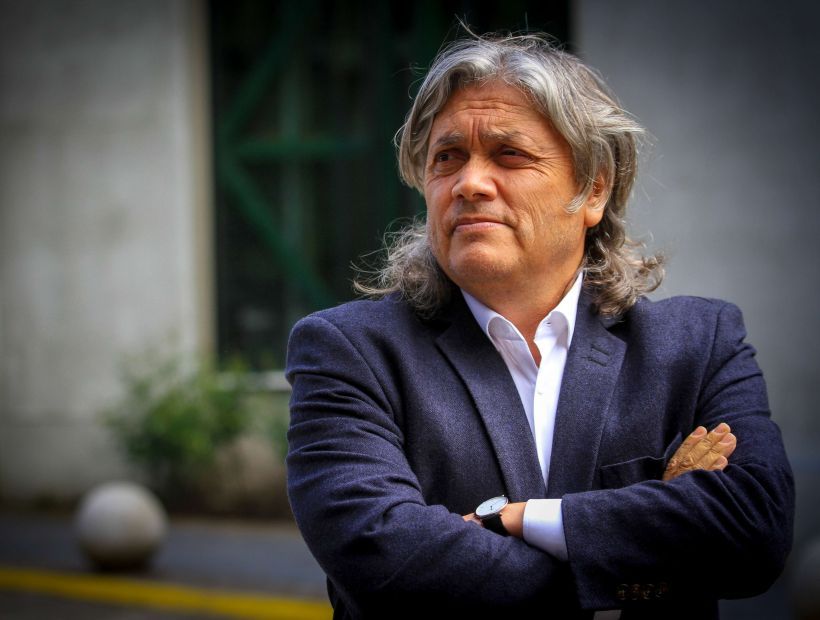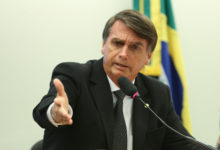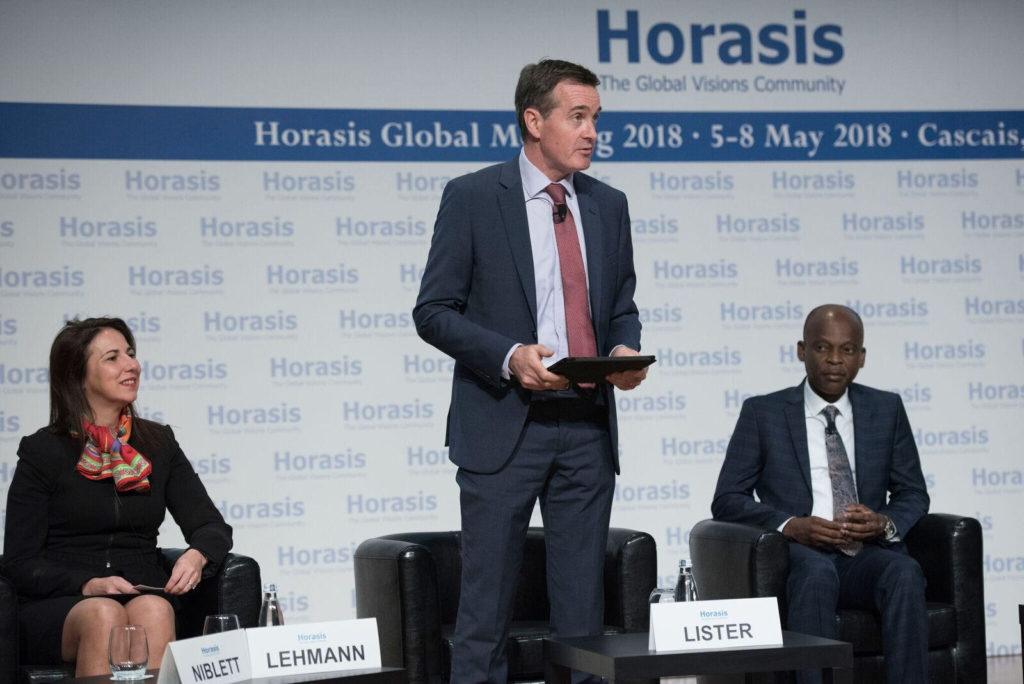Alejandro Navarro, Senator for the BioBio region in Chile, announced that he will propose a constitutional reform in Congress to dissuade the spread of fake news in political campaigns, reported La Tercera. The politician has labelled the possible legislation Ley Bolsonaro, or Bolsonaro Law, due to the fake news scandals that have surrounded right-wing Brazilian presidential candidate Jair Bolsonaro.
The law would mean that any political candidate, whether it be presidential or regional, would be stripped of their ability to run for political office ever again if they were found to be spreading fake news on any content provider.
“Fake news is difficult to combat, as voters often stick with their first impression,” he explained on BioBio Radio. “Likewise, electoral lying has devastating effects on the political debates, as it is difficult to withdraw what has been said.”
El proyecto de #LeyBolsonaro que hemos anunciado es una reforma necesaria para resguardar la democracia; sancionará con la cesación del cargo a la candidatura que manipule información para entregar contenido falso y replicarlo en redes sociales y WhatsApp▶️https://t.co/2XyXveSq0P pic.twitter.com/HEpczveoKU
— Alejandro Navarro (@senadornavarro) 24 de octubre de 2018
Fake news has been a huge topic in the Brazilian elections, which will be finalised this Sunday Oct 28 as the public will vote between right-wing Bolsonaro and left-wing Fernando Haddad. Last week, Brazilian paper Folha de S. Paolo reported that businessmen and companies were secretly financing a widespread WhatsApp messaging campaign slandering Bolsonaro’s rival Haddad. As part of the scandal, Bolsonaro’s son Flávio was temporarily banned from WhatsApp, although no reason was given for this from the messaging platform.
Fake news is old news as far as elections are concerned, however, as it played a leading role in Donald Trump’s presidential campaign, spreading news of the Pope’s endorsement of the now-President along with rival Hillary Clinton killing an FBI agent.
“The president of the republic should be a leader who wins without cheating in political debates and the ballot boxes,” Navarro declared. “If this is not the case, then the person who lies more will win, the person how has most access to misinform through social media, the person who contracts more political marketing organisations to manipulate information and to deliberately spread false content. This is not living in a healthy democracy.”
Navarro seemed to imply that this wave of politically-motivated fake news was stemming primarily from the right side of the political spectrum, but also admitted to the widespread nature of political corruption.
“There aren’t many of us who don’t have counterfeit tickets or who aren’t involved in illegal political financing,” he said. “We cannot add more discredit by tolerating the electoral trickery of the American extreme right […] We believe that there is a decent right that exists with which we can create a reform of this nature. We call to this right to avoid the advance of a new type of corruption, which is the spreading of lies to win an election. We call upon Renovacion Nacional, the UDI and Evopoli to support these reforms for the good of Chile and our democracy.”
It remains unknown when Navarro will bring his proposal to Congress.







